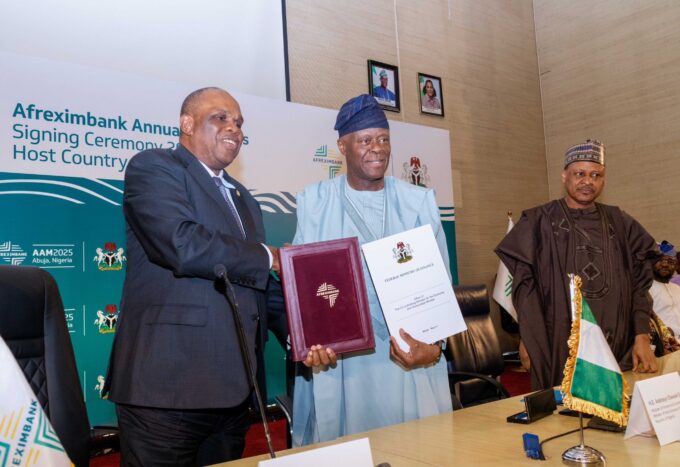The world economy would cope better than initially feared with the shocks from the war in Ukraine and high inflation, the International Monetary Fund (IMF) said as it upgraded its forecast.
The global growth outlook for 2023 was revised up by 0.2 percentage points to 2.9 per cent, the IMF said in its World Economic Outlook update, released on Tuesday.
While this is weaker than the 3.4 per cent recorded in 2022, IMF Chief Economist Pierre-Olivier Gourinchas said.
Gourinchas said the growth of 2.9 per cent in 2023 would be less gloomy than had been assumed in the October forecast.
The IMF did not expect the global economy to slip into recession, an option economists had not ruled out late last year.
This is due to positive surprises and unexpectedly high levels of resilience in multiple economies, the IMF report said.
The IMF said that China’s shift away from its zero-COVID strategy was a potential driver for global growth.
However, the report also listed multiple risks that would cause the economic situation to deteriorate.
A worsening of the COVID-19 situation in China, an escalation of the Russian invasion of Ukraine and a debt crisis due to the tight monetary policy of central banks.
For the eurozone, the IMF forecasts growth of 0.7 per cent this year – 0.2 percentage points higher than previously assumed.
In Germany, gross domestic product (GDP) is expected to grow by just 0.1 per cent in 2023.
This is an increase of 0.4 percentage points from the previous estimate.
The German economy would in 2024 be expected to grow by 1.4 per cent – 0.1 percentage points less than previously assumed.
Global growth of 3.1 per cent is anticipated for 2024.
3.8% IN SUB-SAHARAN AFRICA
The International Monetary Fund (IMF) says economic growth in Sub-Saharan Africa (SSA) is projected to remain moderate at 3.8 per cent in 2023.
This is according to the IMF’s latest World Economic Outlook (WEO) Update Report for January 2023, released on Tuesday.
According to the report, the moderate growth is amid prolonged fallout from the COVID-19 pandemic, although with a modest upward revision since October 2022, before picking up to 4.1 per cent in 2024.
“The small upward revision for 2023 of 0.1 percentage point reflects Nigeria’s rising growth in 2023 due to measures to address insecurity issues in the oil sector.
“In South Africa, by contrast, after a COVID-19 reopening rebound in 2022, projected growth more than halves in 2023, to 1.2 per cent.
“This reflects weaker external demand, power shortages, and structural constraints to decline to 3.6 per cent in 2022 as against 4.7 per cent recorded in 2021.”
The report said global growth is projected to fall from an estimated 3.4 per cent in 2022 to 2.9 per cent in 2023, then rise to 3.1 per cent in 2024.
It said the forecast for 2023 was 0.2 percentage points higher than predicted in the October 2022 WEO but below the historical (2000–19) average of 3.8 per cent.
The report said the rise in Central Bank rates to fight inflation and Russia’s war in Ukraine continued to weigh on economic activity.
It said the rapid spread of COVID-19 in China dampened growth in 2022, but the recent reopening has paved the way for a faster-than-expected recovery.
The report said Global inflation is expected to fall from 8.8 per cent in 2022 to 6.6 per cent in 2023 and 4.3 per cent in 2024, still above pre-pandemic (2017–19) levels of about 3.5 per cent.
It said in most economies, amid the cost-of-living crisis, the priority remained achieving sustained disinflation.
“With tighter monetary conditions and lower growth potentially affecting financial and debt stability, it is necessary to deploy macroprudential tools and strengthen debt restructuring frameworks.
” Accelerating COVID-19 vaccinations in China would safeguard the recovery, with positive cross-border spillovers.
“Fiscal support should be better targeted at those most affected by elevated food and energy prices, and broad-based fiscal relief measures should be withdrawn.”
The report said tronger multilateral cooperation was essential to preserve the gains from the rules-based multilateral system and mitigate climate change by limiting emissions and raising green investment.














